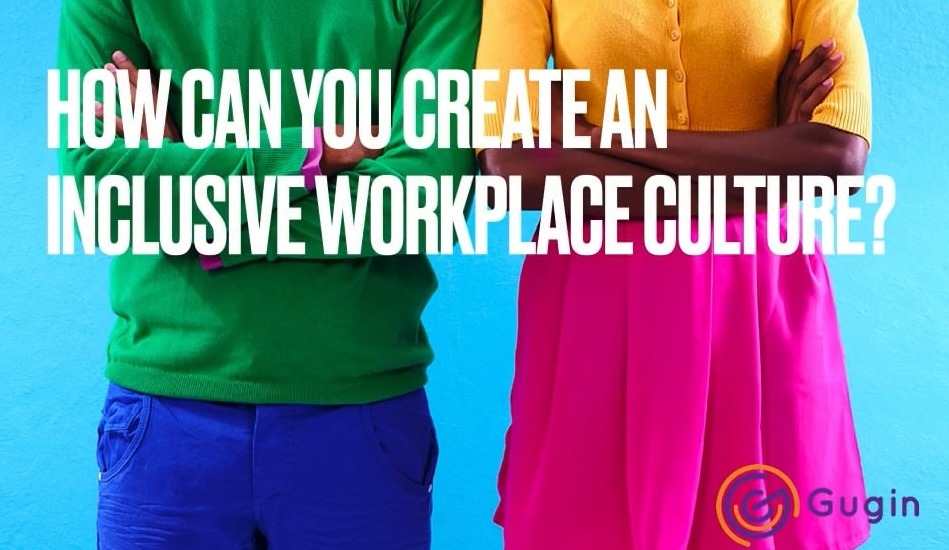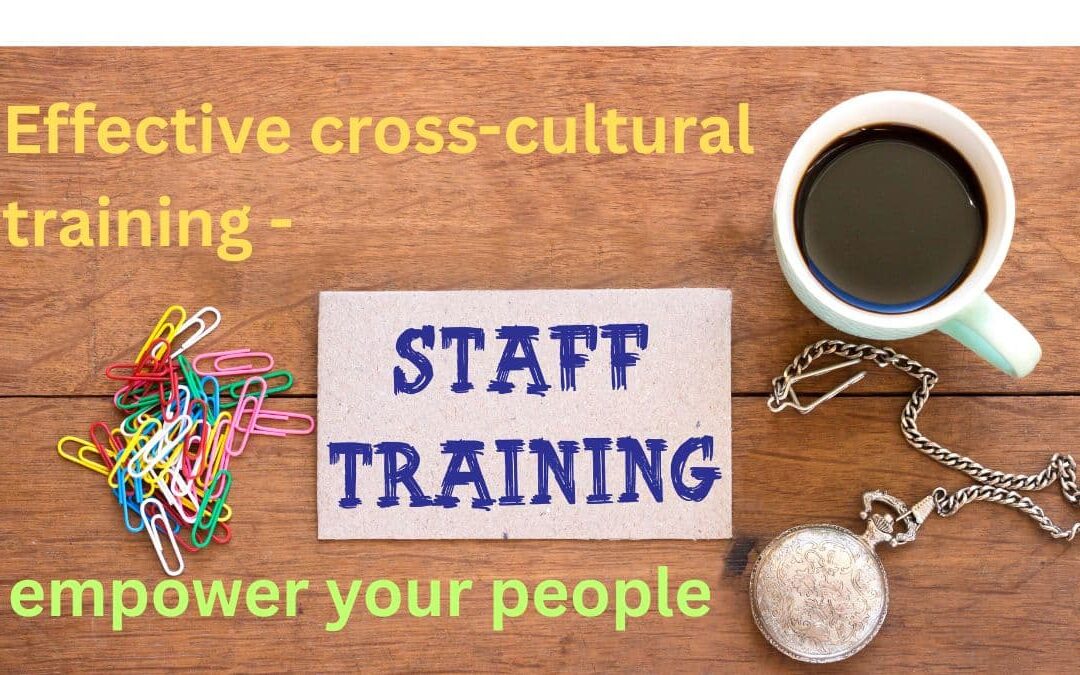Learn to look for the small signs ( micro-inequities ) before it is too late
Often when companies ask us to help them resolving a cultural conflict a lot of damage has often happened to the organisation already. Sadly our assessments most often indicate that this unfortunate situation could have been avoided if the situation had been taken care of much earlier. In this article I will explain which signals to look out for – signals or micro-inequities that might indicate that bigger conflict is on its way.
Identifying Micro-inequities is the key
Micro-inequities are what courses harmless differences to escalate into big cultural conflicts. Wikipedia defines micro-inequities as: “ a theory that refers to hypothesized ways in which individuals are either singled out, overlooked, ignored, or otherwise discounted based on an unchangeable characteristic such as race or gender.“
We might have a corporate culture which we find amicable – a culture where we make fun of each other because we like and trust each other. That is fine as long everybody play along and are on the same page in understanding, accepting and embracing that particular corporate culture. But if that situation changes for one or another reason (I will come back to that in a minute) the way we communicate, the slang we use, the people we choose to hang out with, they way we promote and celebrate the “winners” will gradually be perceived differently. Changes to the well-known situation can be a merger or acquisition, difficult market conditions, a new senior management team, a generation change or a strategic change – just to give some examples.
When changes are imposed on us we get scared. Despite we are all told that change is good we don’t respond as if it was when these changes affect ourselves. We become defensive and much more alert about what is being said and particular how it is being said and we try to interpret all the non-verbal communication usually with a devils-advocate perspective.
This is when micro-inequities begins to become influential. Suddenly we don’t see the friendly remark as friendly as a month ago and we start feeling dissatisfied about things that didn’t bother os before – things like who got promoted or got the most interesting assignments etc.
We don’t see the change happening with ourselves, but we do change. We develop new explanations for why things are as they are and we seek connection with people who share our view of the world while we defy colleagues who have a different point of view. Gradually we start stereotyping about other groups in the company. It can be sales people stereotyping about R&D, IT about legal department. Psychologically we do it because we are trying to find an explanation for why things are different than before. And because we are uncomfortable with the new situation we seek allies so that we can form a safe clique against the rest.This usually goes on in many dimensions at the same time.
When we stereotype about other groups of people we never have a balanced view about that other group. We usually find and ascribe all the negative attributes we can think of to that group and before we know it it has become a fact that can’t be changed.
Now we have a situation, which is very difficult to recover from without external intervention and it is usually around that time that Gugin contacted for help. Unfortunately a lot of damage has already been made. The best people have left the company or are in the process of doing it. The headhunters are already aware of this new hunting field and are working actively. The organisation has become more inefficient. The sick leave increases and customer satisfaction declines.
This article is however not about how we recover an organisation from that situation but about how you can avoid getting into the situation described above.
You have to keep all your senses open without getting paranoid. Involve a small group of people around you so that you are more people look out for the small changes. Below are some examples of things you should look out for.
What to look out for
Below is a list of things you must look out for in order to spot the micro-inequities before they become destructive and damaging.
- Irony. Pay attention to an increased use of irony. phrases like “IT always delivers on time”, “Our sales people are sooo great” etc. Irony usually represents an underlying fear and unconscious dissatisfaction with the current situation.
- Look out for new formation of groups in the company. Who hang out with who in breaks? Are new groups developing?
- Pay attention to what colleagues are talking about in informal conversations – even better if they have had a few glasses of wine or beer.
- If you measure performance regularly look out for new patterns
- Look out for negative changes in customer feed back
- Look out for groups in the company who feel they are treated unfairly, overlooked or feeling ignored.
- Look out for individuals or groups complaining about things that were previously insignificant e.g. the food in the canteen, number of available parking lots, cleanness of the premisses, comfortless of the working environment etc.
What to do when you have spotted a micro-inequity can has the potential do develop?
The first thing you have to do is to analyse it further, so that you don’t make false assumptions. A major challenge you face is that you can’t approach a group in the company and confront them with your observation and presumed assumptions. If for instance you feel you have reason to believe that the employees from a company you recently acquired are not comfortable because they are stereotyped upon you can do the following:
Tell a totally unrelated story about how stereotyping destroyed a working environment and how this stereotyping began with harmlessly making fun of the newcomers. Tell about that the fun was made because in that culture it was a way of showing that you liked the other people. Also tell that it was perceived completely different and that was the beginning of a vicious circle that in the end caused a lot of damage.
You can then have a philosophical discussion about how this can be avoided and why we misunderstand each other.
That kind of storytelling is often enough to change direction. Think about it – this is what good parents do all the time when educating their children. And for that simple reason that it works.
But in order for it to work you need of course to possess a certain level of cultural intelligence that enables you analyse why people behave they way they do and what you can do to change their behaviour.
As a leader formal or informal you have the responsibility to educate the people around you to be aware of that messages (verbal and non-verbal) often are interpreted in a very different way than you anticipated and that it is the senders responsibility to fix all misunderstandings.
Please contact Gugin if you feel we can assist you:

Why EU Defence Collaboration Depends on Cultural Intelligence
Emotional and cultural intelligence are key to successful EU defence collaboration, enabling trust, cohesion, and innovation across borders.

Learn how to create an inclusive workplace culture
This Gugin video teaches you how you can create an inclusive workplace culture so you get motivated, satisfied and innovative employees in your organisation

Take the test – How culturally intelligent are you really?
How culturally intelligent are you? Take this simple test and get and idea. It is one of many small tests Gugin uses in its leadership training
Cross-Cultural Training – crucial for your company’s success
Cross-cultural training boosts your success by enhancing communication, reducing conflict, and building culturally agile teams. Here is why Gugin leads the way.

Effective cross-cultural training – empower your people
Unlock your organisation’s potential with cross-cultural training that builds understanding, boosts collaboration, and drives inclusive, high-performing teams.
